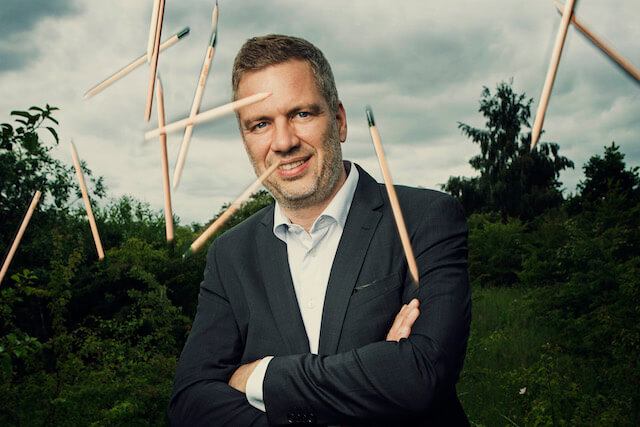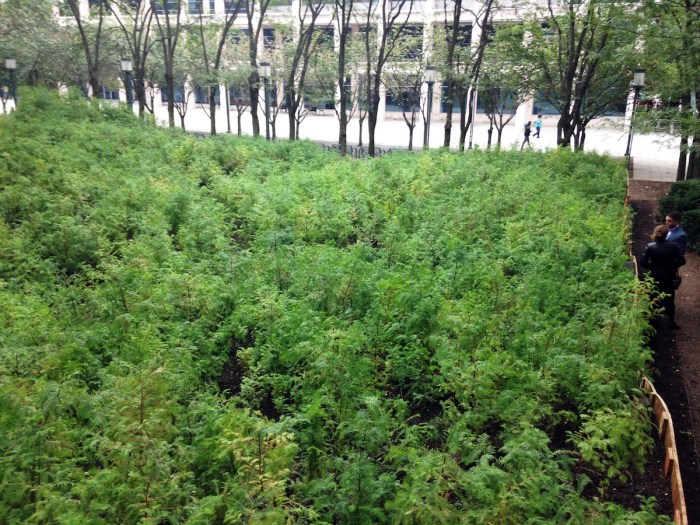Entrepreneur Michael Stausholm knows a good idea when he sees one. In 2012, when he came across a Kickstarter campaign from three MIT students who’d created a plantable pencil made from sustainable wood with a dissolvable seed-filled capsule at the end in lieu of an eraser, he knew he’d struck gold— or rather, green. RELATED:Wait list woes: What to do when your dream school defers you “[At the time] I was advising large companies on sustainability and responsible production, and everyone was talking about sustainability, but no one could explain it. I was told that the Sprout pencil was a great illustration of what sustainability is all about — they way you use a product and instead of throwing it out afterward, you plant it and literally give it new life,” says Stausholm. Just two years after buying the rights and patents of the pencil design, Stausholm owns and runs Sprout, which launched its first U.S. office in Boston in September (Sprout’s other office is in Stausholm’s native Denmark) Though the company sold 1.7 million pencils in 2015 and profits are expected to hit $1 million in 2016, Stausholm wasn’t always so sure his risk would pay off. Even a close friend told him investing in a plantable pencil was crazy. But what kept him going was his passion for and belief in sustainable products. RELATED: NY Knicks teach kids to play like the pros “I started it three years ago, and the first year was very tough,” says Stausholm. “It was a success, but I didn’t make much money for myself, and I came from a high-paying consulting job.” Here’s how it works: When the pencils are used up, the capsules are planted and blossom into a variety of herbs, vegetables and edible flowers.The colored pencils are $19.61 for an assortment of 8, the mix of 8 regular pencils is $18.09, and the mix of 3 is $7.45.Though the company has started a line of plantable cards, similar products with a “dual function” aren’t all that common. “Mostly companies develop products that you can easily recycle. But products with a totally different use, we don’t really see that much,” he says.
All Sprout pencils are made from sustainable cedar wood, meaning every time a tree is cut down a new one is planted, so there’s no deforestation involved in the production process — as long as the consumer follows through and plants it after use. What’s more, you get a lot of tinder for your tree.Just one tree produces 170,000 pencils, which means Sprout only had to cut down 10 trees to produce last year’s 1.7 million pencils. Pencil naysayers who think the old-school writing utensil is dead just need to look at the numbers: In 2015, between $13-$14 billion pencils were produced globally.
“Because everything is going so fast today, with iPhones, smartphones and so on, people want to take it a little bit easier sometimes. Having to to take notes with your hand, or mindful drawing, which is becoming very very popular, with colored pencils, that’s giving the pencil a revival,” says Stausholm. There’s really no downside to the pencil —unless you’re an eraser-chewer.“If you chew on the pencil, you get peet in your mouth. It’s harmless, but it definitely helps you break the habit of chewing on the pencil.” Thought Sprout pencils are sold in 60 countries, the majority of the market is in Europe. The company is partnering with schools, companies and the Earth Day initiative to increase availability in the U.S. Says Stausholm, “We can’t save the world, but we can try to make a small difference in everyday life by purchasing sustainable and organic products.”
Can these plantable pencils help save the planet?





















